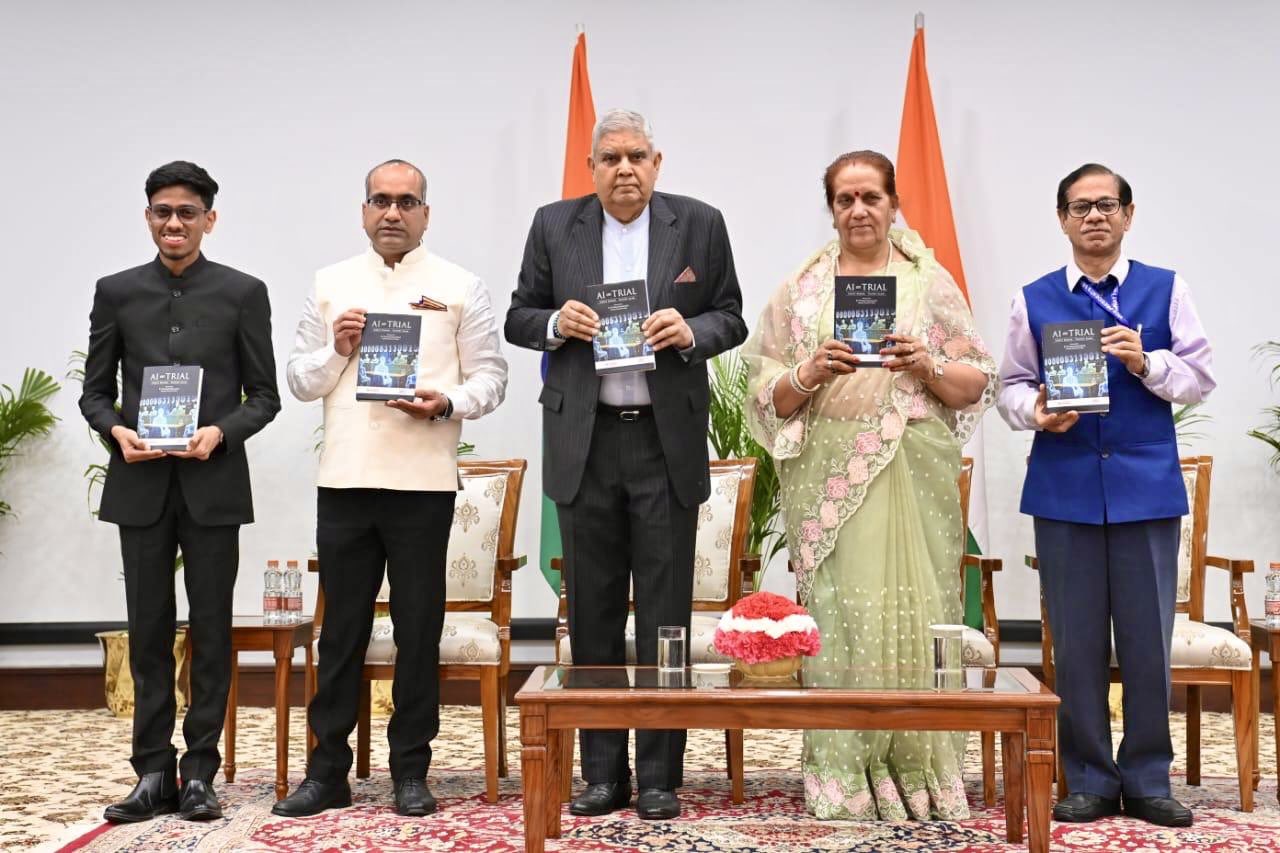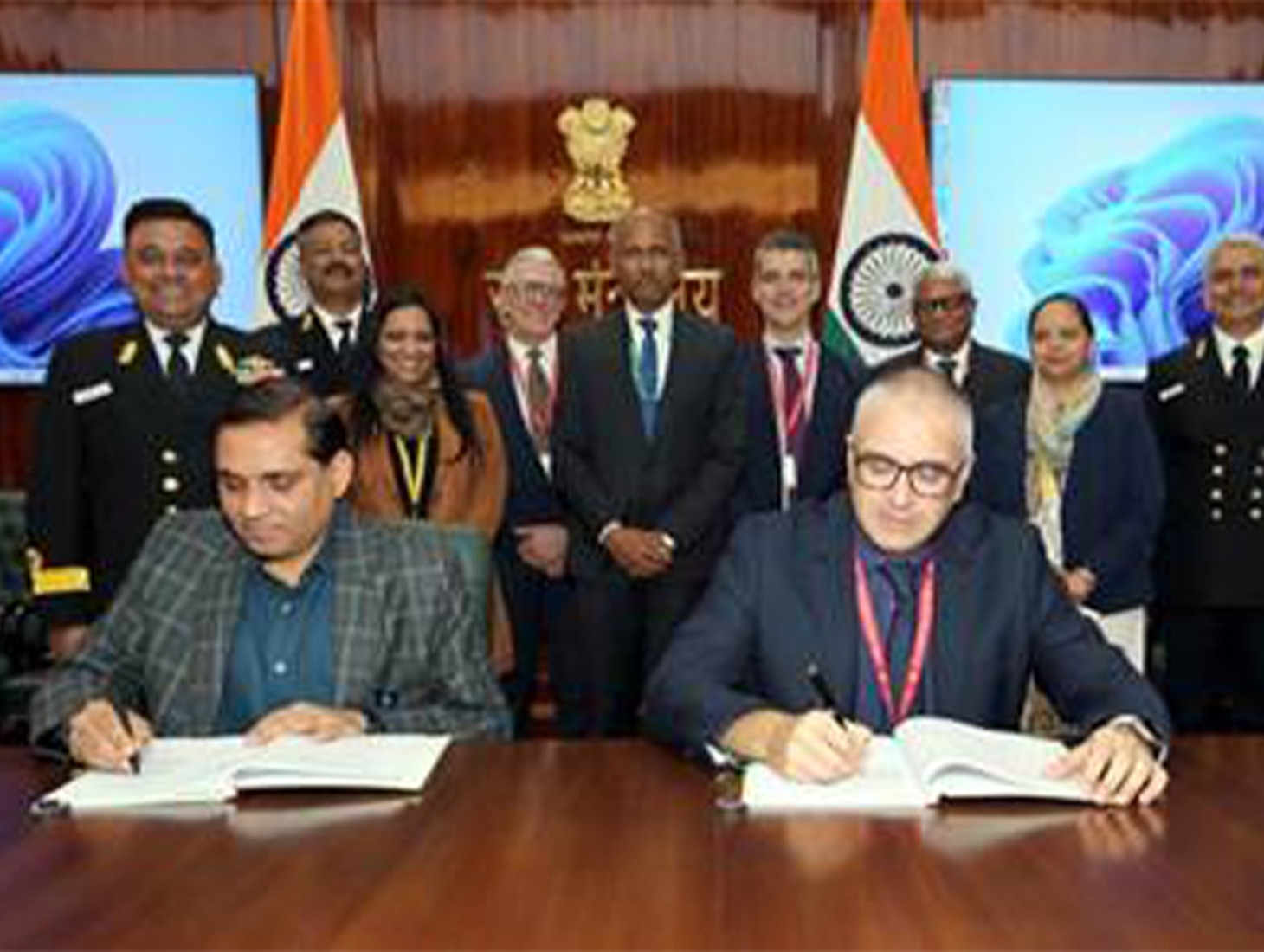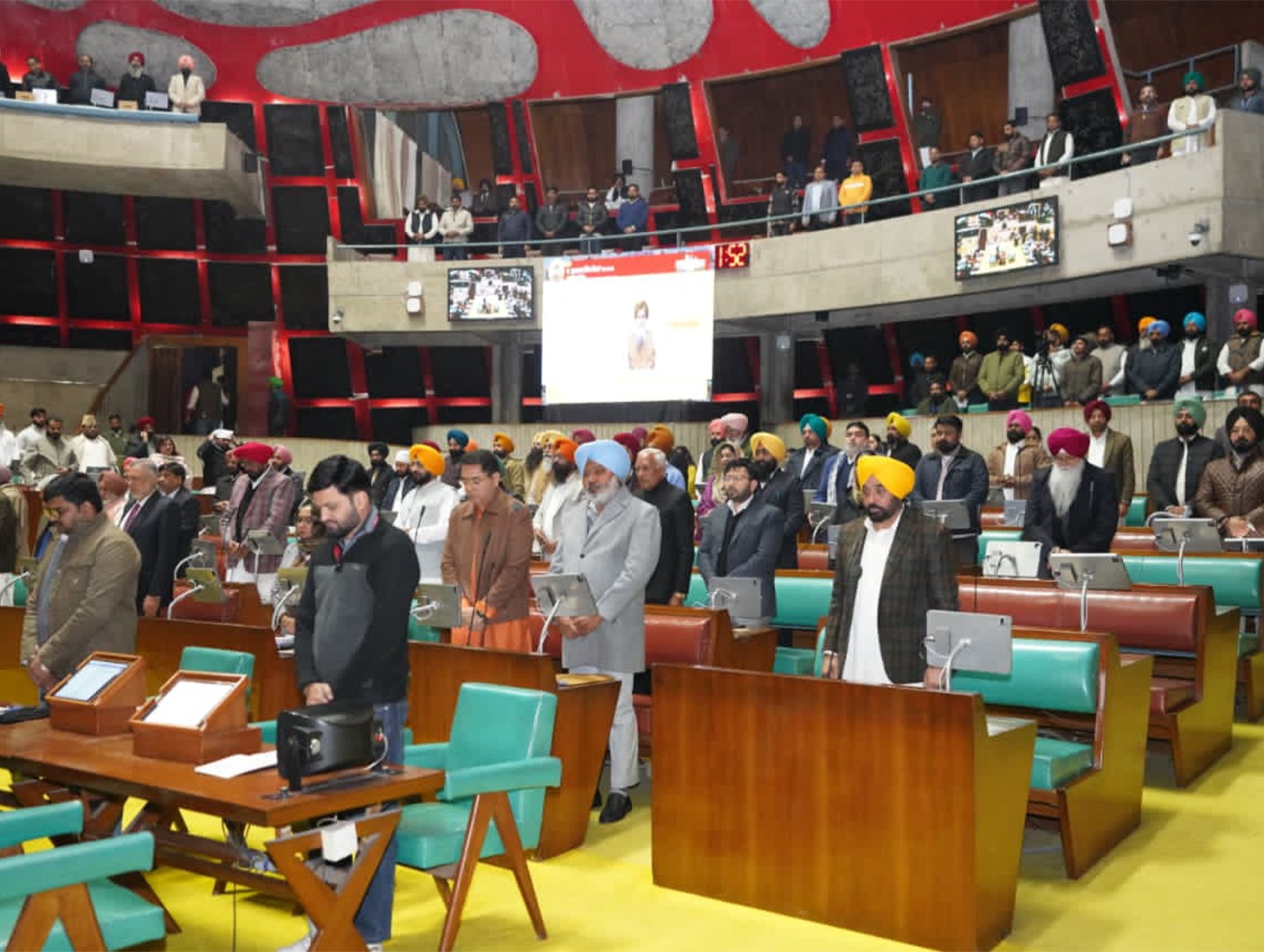The North News
New Delhi, April 5
In one of his strongest statements, Vice-President Jagdeep Dhankhar, turned to the implications of AI in the legal domain. “AI challenges core legal principles like accountability and transparency. Delegating legal decisions to opaque systems threatens judicial trust. Justice must never be robotised.”
“Judgments require the human brain — its discernment, empathy, and nuance. Algorithms can’t replicate that,” he said.
Vice-President Dhankhar has also called for the creation of a powerful, transparent, and inclusive regulatory framework to govern artificial intelligence, warning that unregulated AI could imperil democracy, justice, and individual rights. Speaking at the launch of AI on Trial, a book authored by Rajya Sabha MP Sujeet Kumar, Dhankhar stressed that a national authority or commission on AI — independent yet accountable — could provide the necessary oversight. “It must include voices from government, industry, academia, and civil society,” he said, “not as a cage, but as a scaffold to support responsible innovation.”
“AI regulation must be sector-specific and risk-based,” he added, drawing a stark contrast between its use in medical diagnostics and in shaping social media feeds. “Ordinary citizens can’t be expected to navigate these systems alone. We must build in safeguards — automatic relief, enforceable rights like the right to explanation, the right to contest decisions, and the right to opt out of algorithmic processing.”
Dhankhar repeatedly returned to the theme of balance — between innovation and control, empowerment and caution. “Too much regulation can strangle innovation, just as over-disciplining a child stifles growth. But under-regulation could erode trust, perpetuate bias, and endanger public safety.”
The Vice-President sounded an urgent note of caution about the destructive potential of AI in an age of “deepfakes, deep states, and wokeism,” comparing the technology to nuclear energy — capable of lighting homes or devastating lives, depending on how it’s handled.
He argued that AI must be transparent and that its rise demands sweeping investment in education, digital literacy, and vocational training — especially for those at the margins. “It is already in our homes, our offices — sometimes outperforming humans,” he said. “We must ask: are we risking jobs and livelihoods? We need to prepare our people.”
Dhankhar also championed India’s cyber sovereignty while calling for a global consensus. “No country can regulate AI in isolation. We need a rule-based international framework,” he said.
















